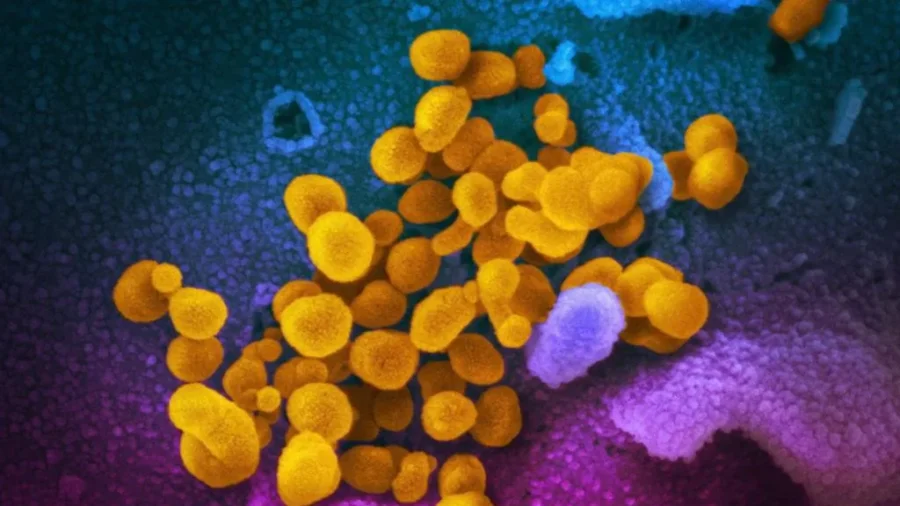Recent data show that COVID-19 cases are on the rise in several dozen U.S. states, although the Centers for Disease Control and Prevention (CDC) has said there’s no sign that the variants driving that increase lead to more severe symptoms.
The latest data collected by the CDC show that 39 states and territories have seen a growth in COVID-19 infections, while the virus is “declining or likely declining in [zero] states.” Cases are either at a stable level or the status is unclear in remaining states, the CDC said.
More general data for the week ending on June 24 provided by the CDC show that cases have increased by 1.2 percent.
It comes as other CDC data show that a newly discovered COVID-19 variant, KP.3, is the most dominant strain, accounting for an estimated 22 percent to 46 percent of all cases.
Several CDC officials didn’t respond to requests for comment by press time.
“There is currently no evidence that KP.3 or LB.1 cause more severe disease” and the agency continues “to track SARS-CoV-2 variants and is working to better understand the potential impact on public health,” David Daigle, a spokesman for the agency, told CBS News on June 25. SARS-CoV-2 refers to the virus that causes COVID-19.
As compared with previous increases in COVID-19—which some media outlets have described as “surges”—deaths from the virus appear to be at an all-time low, according to a graph provided by the federal health agency. Virus-linked hospitalizations are also at what appears to be their lowest point since the pandemic started in March 2020, the data show.
“Most key COVID-19 indicators are showing low levels of activity nationally, therefore, the total number of infections this lineage may be causing is likely low,” a CDC spokesperson said in a statement earlier this month, while adding the variant will become the “most common lineage” around the United States.
Andy Pekosz, a molecular microbiology professor at Johns Hopkins University, said that the KP.3 variant also doesn’t appear to cause more severe symptoms, adding that antibodies provided through prior infection or vaccines have led to better outcomes in recent months.
“After exposure, it may take five or more days before you develop symptoms, though symptoms may appear sooner,” he said in a question and answer session published on the Johns Hopkins website earlier this month.
“You are contagious one to two days before you experience symptoms and a few days after symptoms subside. And as with previous variants, some people may have detectable live virus for up to a week after their symptoms begin, and some may experience rebound symptoms,” Mr. Pekosz said.
In May, the CDC announced that hospitals are no longer mandated to report COVID-19 hospital admissions, capacity, or other COVID-19 information. The old “data will be archived as of May 10, 2024, and available at United States COVID-19 Hospitalization Metrics by Jurisdiction, Timeseries,” according to a statement posted on the CDC website last month.
This month, a Food and Drug Administration (FDA) advisory panel suggested that vaccine manufacturers such as Pfizer and Moderna target COVID-19 strains derived from JN.1, which include KP.2, KP.3, and LB.1.
“We’ve seen descendants of that moving along, that’s KP.2, KP.3 and LB.1,” the FDA’s Dr. Peter Marks told news outlets on June 21. “So these other new variants, these came up relatively quickly. I wouldn’t say they caught us by surprise, but because they happened relatively quickly, we had to react.”
From The Epoch Times


